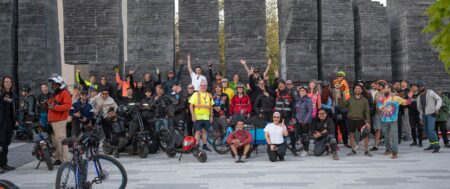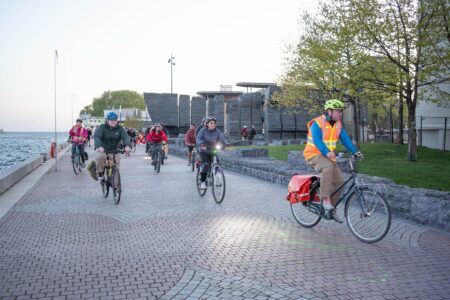In all the time while I have been concerned, and later terrified, about climate change and the future of life on Earth, I still had the narrative convention of fiction influencing my expectations: the emergence of a big problem will imperil and inspire a group of people to find solutions and eventually the people threatened by the problem will accept if not embrace the solutions. A tolerable norm is disrupted and then restored because people have the ability to perceive and reason, and the willingness and virtue to act appropriately when they see what’s wrong.
Now, I feel acutely confronted by what a bad model for human reactions this is. It seems to me now that we almost never want to understand problems or their real causes; we almost always prefer an easy answer and somebody to blame. The narrative arc of ‘problem emerges, people understand problem, people solve problem’ has a real-world equivalent more like ‘problems emerge but people usually miss or misunderstand them, and where they do perceive problems to exist they interpret them using stories where the most important purpose is to justify and protect the powerful’.
If the history happening around us were a movie, it might be one that I’d want to walk out of, between the unsatisfying plot and the unsympathetic actors. Somehow the future has come to feel more like a sentence than a promise: something which will need to be endured, watching everything good that humankind has achieved getting eroded and destroyed, and in which having the ability to understand and name what is happening just leads to those around you punishing and rejecting you by reflex.




